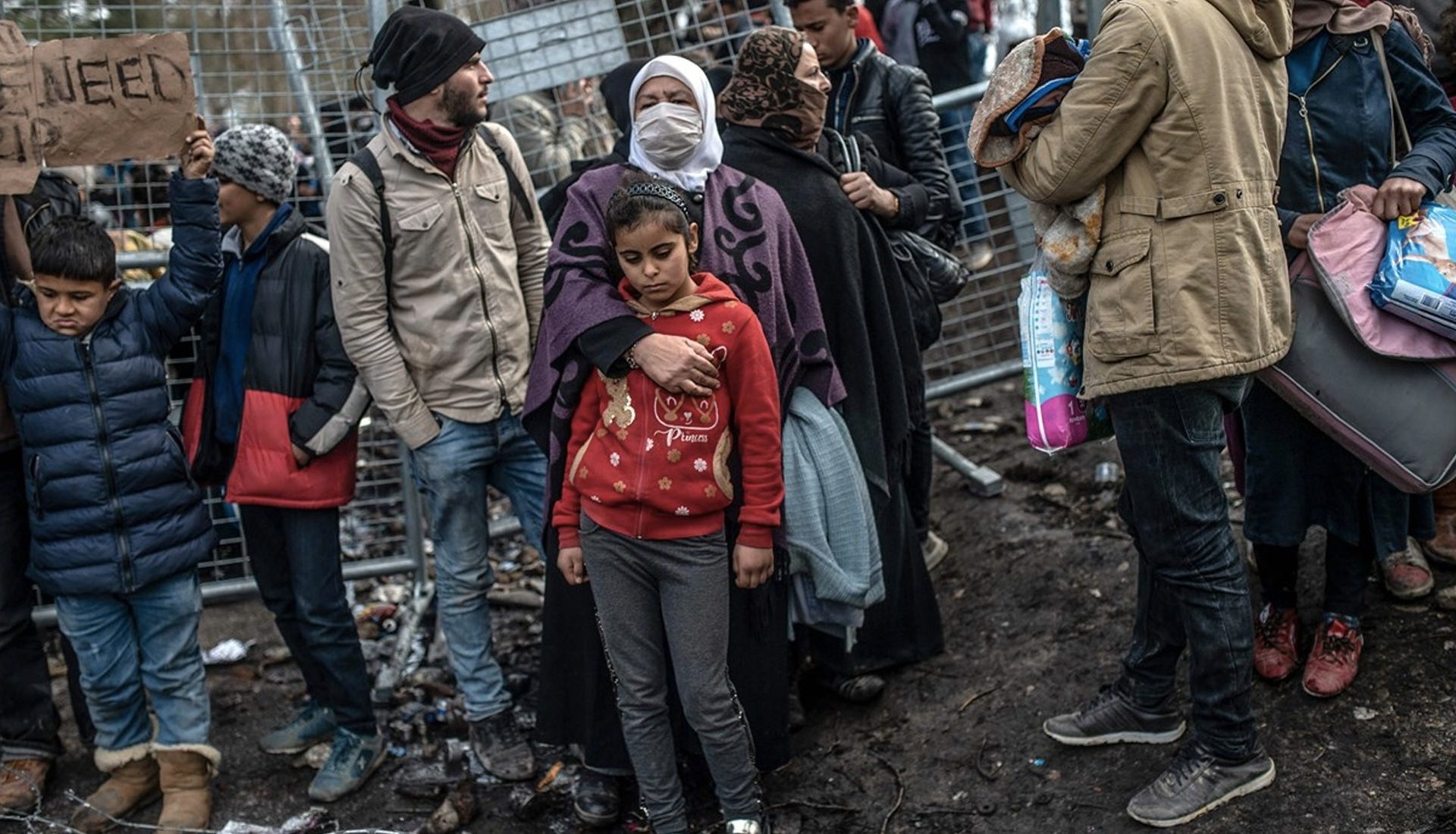Calls for action to prevent an impending medical disaster in densely populated migrant camps grow shriller.
As time spent in the infectious stage of coronavirus goes on, experts warn that the world’s most populated refugee camps are merely biding their time before a catastrophic outbreak. In the Aegean islands of Greece particular, which house approximately 36,000 mainly Syrian refugees, international aid organisations warn that an outbreak is not only likely, but imminent, and that some of the world’s most vulnerable people will remain sitting ducks for the virus unless more is done to relocate them.
Camps on Lesbos, Samos, Chios, Leros, and Kos, all fairly remote islands opposite the Turkish coast, are currently at six times capacity, and have experienced impregnated numbers since the beginning of the Syrian civil war. The conundrum of where to house the staggering number of displaced Syrian refugees from the conflict has been a point of socio-political tension for many years now, and there was a recent influx into Greece from Turkey after the latter state controversially relaxed border restrictions in late February of this year.
As it stands, island facilities are currently sprawling and congested: ideal breeding grounds for COVID19.

Greece has, so far, had relative success in keeping the virus under control, having announced as of 9th April fewer than 2000 confirmed cases and 86 deaths. But health officials warn that the coming weeks are critical if they’re to avoid seeing those numbers skyrocket. There have been small outbreaks in 2 of the 30 migrant camps on mainland Greece that are so far contained but nonetheless concerning. Both camps have been quarantined.
Speaking to The Guardian after ordering the first lockdown, Manos Logothetis, the migration ministry’s general secretary in charge of asylum seekers’ reception, said, ‘It’s the first case of coronavirus in a reception centre and, yes, we are testing our responses… the population [of all the Greek camps] is young. Most are under the age of 40 which is why we believe they’ll be able to ride this out.’
Many experts disagree. NGOs have voiced fears over lack of access to testing in the camps, as well as the plethora of shared eating, bathing, and toilet facilities that would mean the virus could spread through these camps in a matter of days.
‘It is not a matter of ‘if’ but ‘when’ coronavirus strikes the camps,’ said Sanne van der Kooij, a Dutch gynaecologist who has similarly volunteered in Moria multiple times, also told The Guardian. ‘I do not have a good feeling. I was last in Lesbos in February and worked at the local hospital where pregnant refugee women are moved to give birth. There were only six ICU beds and the care was very poor. The bed linens were filthy and the Greek doctors and nurses were clearly overwhelmed by the extra work.’





















